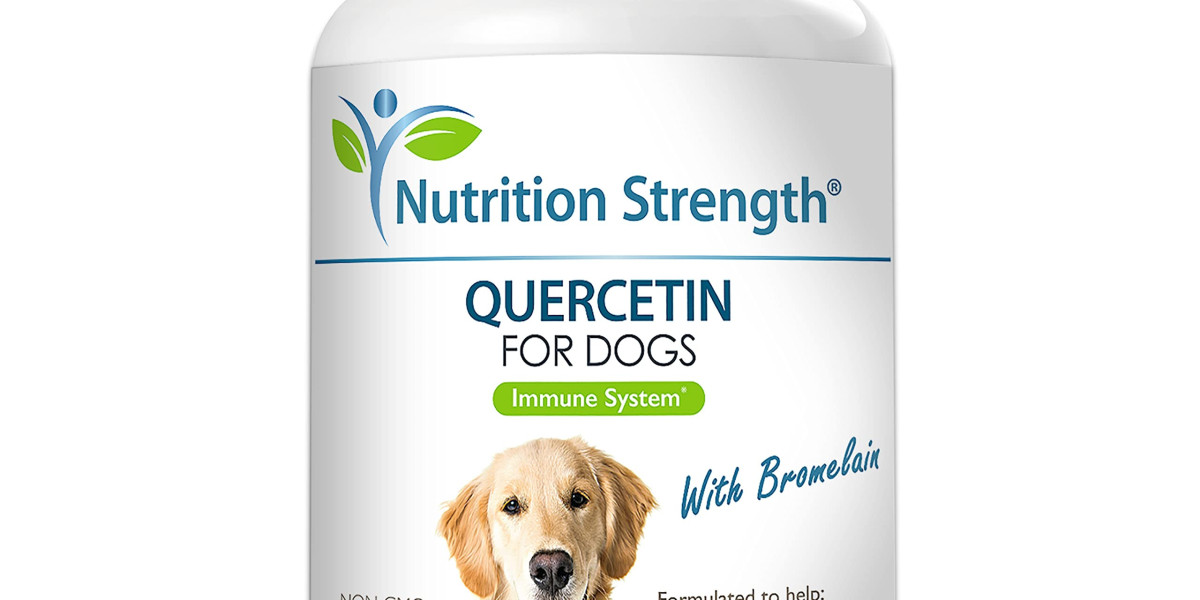Dog itch remedies skin can be a common issue for dogs, causing them discomfort and concern for their owners. Understanding the causes and finding effective remedies can help alleviate your dog's discomfort and improve their overall well-being. Here’s a detailed guide on the various remedies to treat and prevent itching in dogs.
Understanding the Causes of Itchy Skin in Dogs
Before diving into remedies, it's essential to understand the potential causes of your dog's itchy skin:
- Allergies: Dogs can have allergic reactions to various environmental factors such as pollen, dust mites, mold, and certain foods.
- Parasites: Fleas, ticks, and mites are common culprits that cause intense itching.
- Infections: Bacterial or fungal infections can lead to skin irritation and itchiness.
- Dry Skin: Weather changes or nutritional deficiencies can result in dry, flaky skin.
- Hormonal Imbalances: Conditions such as hypothyroidism or Cushing’s disease can cause skin issues.
- Diet: Poor diet or food sensitivities can manifest as skin problems.
Home Remedies for Dog Itch Relief
Oatmeal Baths
- Why It Works: Oatmeal has soothing properties that can help calm irritated skin.
- How to Use: Grind plain, unflavored oatmeal into a fine powder and mix it into warm bathwater. Allow your dog to soak for 10-15 minutes.
Aloe Vera
- Why It Works: Aloe vera has anti-inflammatory and cooling properties.
- How to Use: Apply pure aloe vera gel (ensure it’s free from additives) directly to the affected areas.
Coconut Oil
- Why It Works: Coconut oil can moisturize the skin and has antibacterial properties.
- How to Use: Massage a small amount of coconut oil into your dog’s skin. It can also be added to their diet for overall skin health.
Apple Cider Vinegar Spray
- Why It Works: Apple cider vinegar can help restore the skin’s pH balance and has antibacterial properties.
- How to Use: Mix equal parts of apple cider vinegar and water in a spray bottle. Lightly mist your dog’s coat, avoiding open wounds.
Chamomile and Green Tea Soaks
- Why It Works: Chamomile and green tea have anti-inflammatory and anti-itch properties.
- How to Use: Brew a strong tea, let it cool, and then pour it over your dog’s skin or use it as a soak.
Dietary Considerations
Omega-3 Fatty Acids
- Why It Works: Omega-3s can help reduce inflammation and improve skin health.
- How to Use: Add fish oil or flaxseed oil supplements to your dog’s diet.
High-Quality Diet
- Why It Works: A balanced diet can improve overall skin and coat health.
- How to Use: Ensure your dog’s food is high in quality proteins and free from common allergens like corn, soy, and artificial additives.
Over-the-Counter Solutions
Antihistamines
- Why It Works: Antihistamines can help control allergic reactions.
- How to Use: Consult your vet for appropriate dosages and types, such as Benadryl (diphenhydramine).
Medicated Shampoos
- Why It Works: Special shampoos can target specific skin issues like allergies or parasites.
- How to Use: Follow the instructions on the product label and use as directed.
When to See a Vet
While home remedies can be effective for mild cases, persistent or severe itching should be evaluated by a veterinarian. Signs that warrant a vet visit include:
- Continuous itching despite home treatment.
- Red, inflamed, or bleeding skin.
- Signs of infection (pus, foul odor).
- Lethargy or changes in behavior.
Preventative Measures
Regular Grooming
- Why It Works: Regular grooming can help remove allergens, prevent matting, and distribute natural oils.
- How to Use: Brush your dog’s coat regularly and bathe them with appropriate products.
Flea and Tick Prevention
- Why It Works: Preventing parasites can eliminate a common cause of itching.
- How to Use: Use vet-recommended flea and tick preventatives regularly.
Healthy Environment
- Why It Works: Maintaining a clean living space can reduce exposure to allergens.
- How to Use: Regularly clean your dog’s bedding and vacuum your home to minimize dust and allergens.
Conclusion
Addressing itchy skin in dogs involves a combination of understanding the root cause, using effective home remedies, and seeking veterinary care when necessary. By taking proactive steps and providing appropriate treatments, you can help your furry friend enjoy a comfortable and itch-free life.
Naijamatta is a social networking site,
download Naijamatta from Google play store or visit www.naijamatta.com to register. You can post, comment, do voice and video call, join and open group, go live etc. Join Naijamatta family, the Green app.
Click To Download
![Media Based Water Filters Market Dynamics and Intelligence [2024-2031] Report](https://naijamatta.com/upload/photos/2024/05/9LxrxW16HDeesWcVVG9r_03_d83b7540735ea893a5b2b4b702fc78cd_image.jpg)

